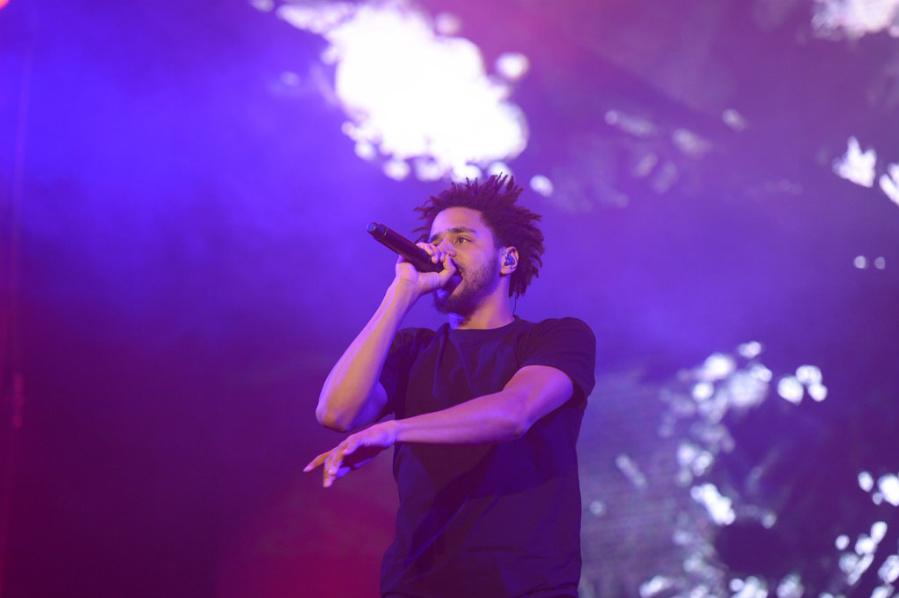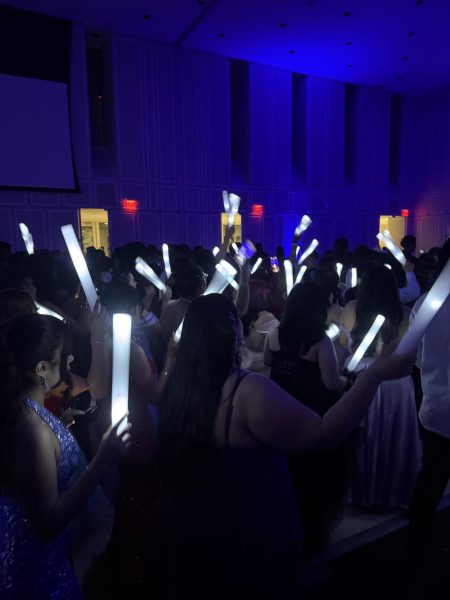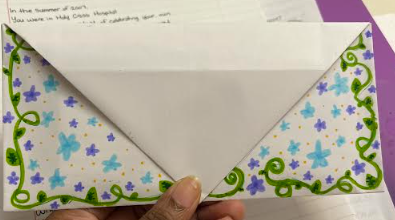J. Cole is back
Cole releases a surprise pre-sale album and documentary
It’s been two years since J. Cole put out any solo music and his fans have been patiently waiting.
Cole was featured on DJ Khaled’s album making a statement in his interlude that he was considering retirement. The question of whether there was any truth behind this statement was left unanswered until two days ago.
On Thursday, a pre-order mysteriously appeared on iTunes for J. Cole’s long-awaited album entitled: “4 Your Eyez Only.”
Yesterday, J.Cole released another a surprise with a 45-minute documentary on Tidal entitled “Eyez.” Although, Tidal is a subscription-based music app, the documentary was made public to non-members.
Cole is known for staying detached from social media and the news, even keeping his marriage a secret from the world for over a year. This visual content gives viewers an authentic look into personal conversations and the instrumental process of making the album.
From piano to violin to clarinet, this documentary promises the same musical superiority as Cole’s last album, Forest Hills Drive. Cole’s Dreamville team is staffed with talented musicians and vocalists. He pays particular attention to detail and carefully crafts his own contributions on the piano and the bass.
In one scene, Cole and his manager and close friend Ibrahim Hamad discuss racism in the criminal justice system. It follows with a snippet of Cole in the studio recording a politically-driven rap.
Embedded within the framework of the documentary is the release of two songs, “Everybody Gotta Die” and “False Prophets.” Both songs are fueling heated conversations.
“Every Gotta Die” is an interlude on the album. It criticizes the surge of low-quality music that has flooded mainstream rap and hip hop.
“Cause Cole the definition of a weapon that can end it…I take your favorite major rapper, left him independent,” Cole said in the song.
He describes metaphorically shooting rappers dead with his first-rate wordplay and clever rhymes. Cole is denouncing the praise and popularity rappers are receiving for releasing music with no real substance or message.
In the song, “False Prophets,” Cole describes how the public worships artists and celebrities. He alludes to a talented rapper that has lost his touch and is ‘crying for help.’ The description was quickly associated with the recently hospitalized rapper, Kanye West.
The song was immediately labeled as a diss track. However, Cole approaches the rap from the perspective of a peer to West and mentions that he was an inspiration to him.
Before the song plays, Cole shares a conversation in which he recognizes the vulnerable position he is in releasing a new album at the height of his career. West has been in a similar situation in his own career and has received criticism for some his newer works. There has been a repetitive response from fans asking for the ‘old Kanye.’
Cole brings into question Kanye’s self-esteem and his need to justify his greatness by constantly calling himself as a genius. He suggests that Kanye is too afraid to surround himself with people that will question him or give him constructive criticism, including “his women” or his wife, Kim Kardashian.
He also refers to Kanye and Drake’s use of ghostwriters and biting styles. Cole blames himself for idolizing rappers and being disappointed. But on top of everything, Cole wants people to recognize Kanye needs mental and emotional support. These two releases were likely a stagetic choice made by the rapper and his team. They knew they would cause controversy, but now the focus will be on the other messages in the album once in drops on Dec. 9.
Cole proves yet again that he is not afraid to tackle controversial topics and share exactly what is on his mind. He is the man that he wants to see in music and represents a trailblazer in lyricism and musicality.
This documentary only hints at another masterpiece.









